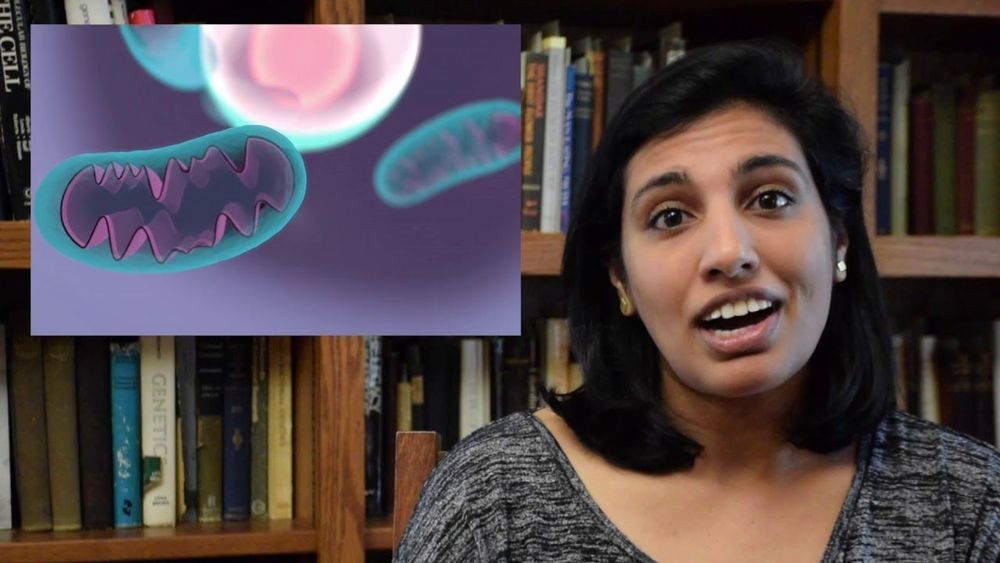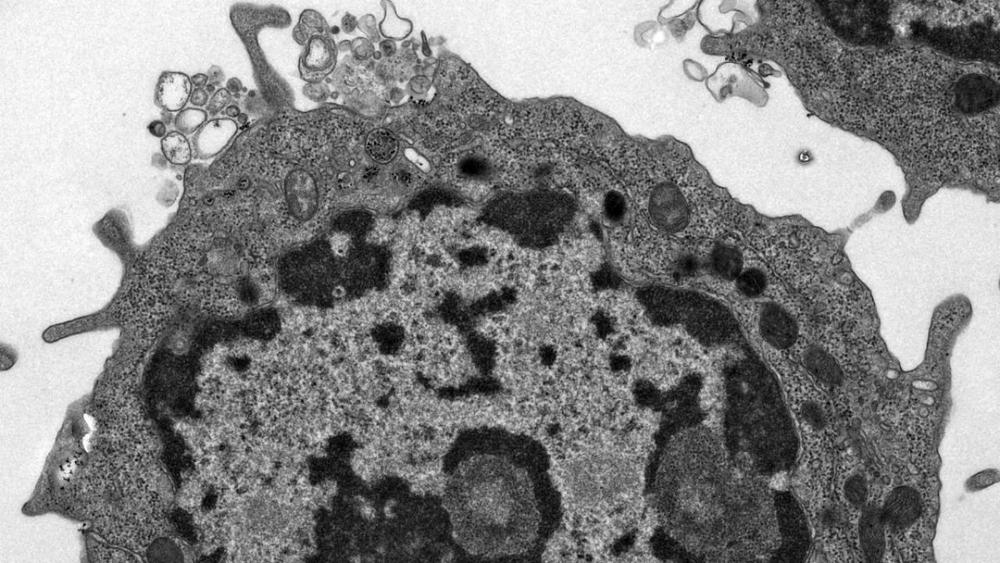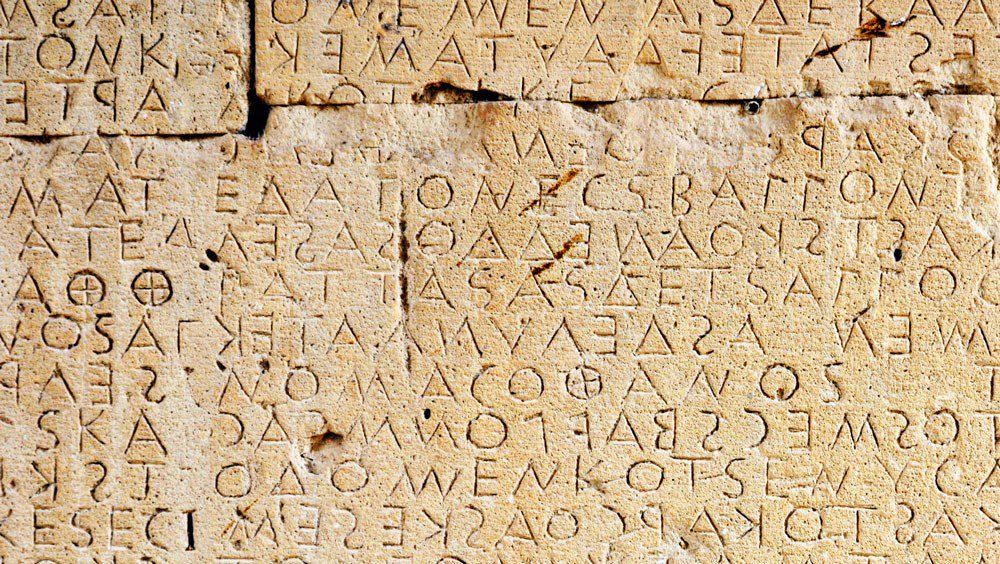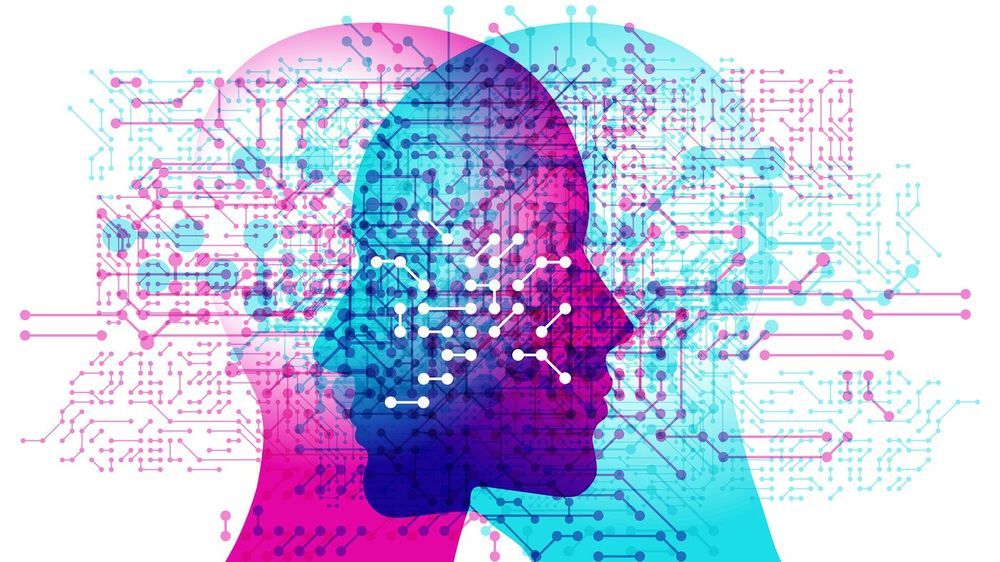Jul 1, 2019
Researchers develop a lab-grown blood vessel graft from natural polymers with regenerative properties
Posted by Paul Battista in category: biotech/medical
Researchers may be closer to improving the lives of people with coronary artery disease and children born with pediatric congenital cardiovascular defects through the development of a new vascular graft created by Johns Hopkins engineers that takes less than one week to make and has regenerative properties.
Coronary artery disease, or CAD, is the leading cause of death worldwide and people with the disease often require surgery to repair damaged cardiovascular tissue. Bypass surgery, another common intervention, requires removing the damaged tissue and replacing it with blood vessels from another part of the body, such as the saphenous vein, which runs the length of the leg and is the longest vein in the body. This method puts substantial stress on the body and has other risk factors: it requires patients to have multiple surgical sites, and those in need of the surgery because of plaque build-up may also have plaque accumulation in the grafted vein, causing further complications.
Congenital cardiovascular defects, or CCD, occurs in 1% of live births worldwide, and children born with the condition often undergo repeated surgical reconstruction as they grow. But repeated surgeries reduce the amount of usable vascular tissue for reconstruction and synthetic grafts do not grow as the child grows.
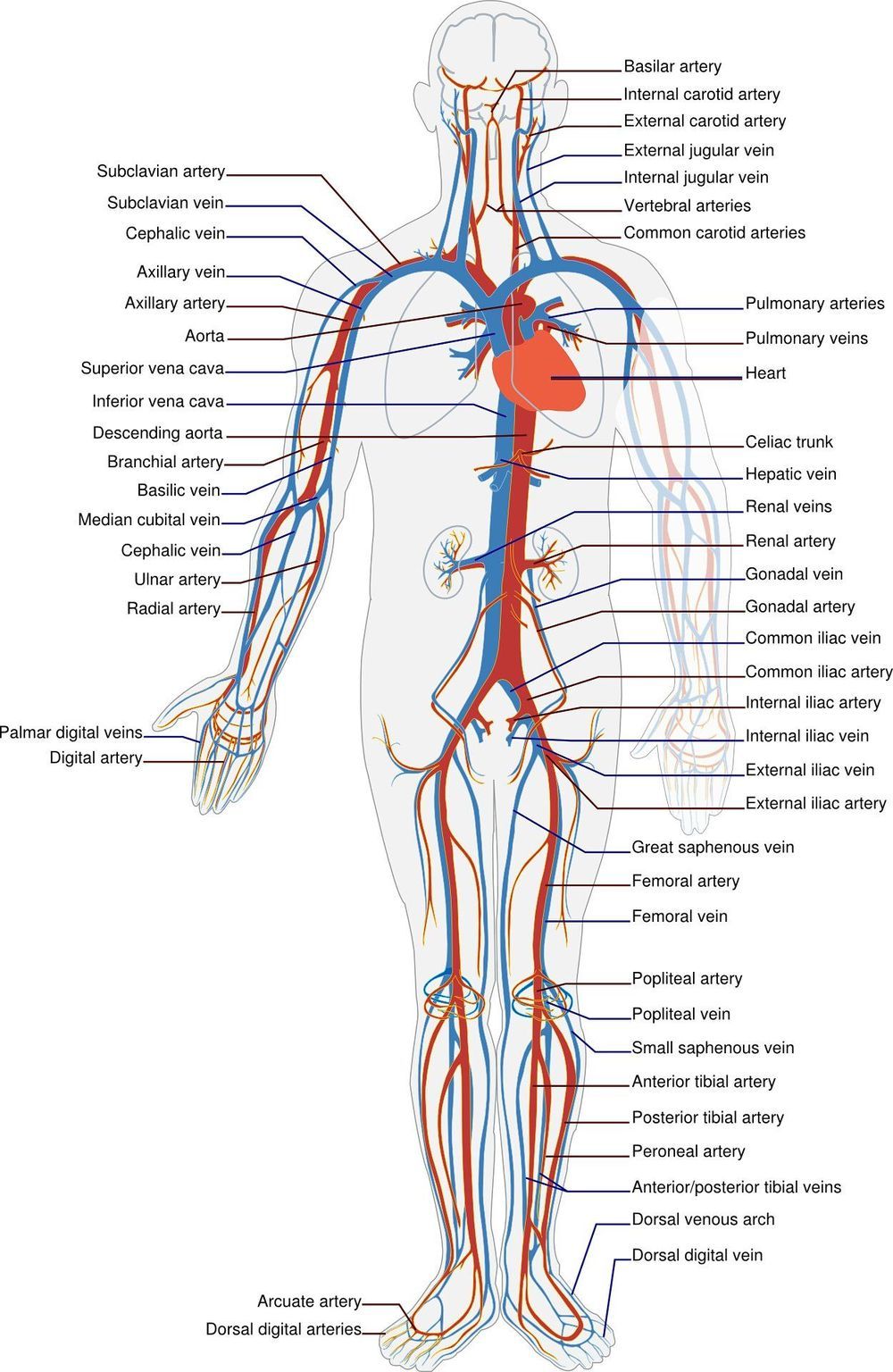
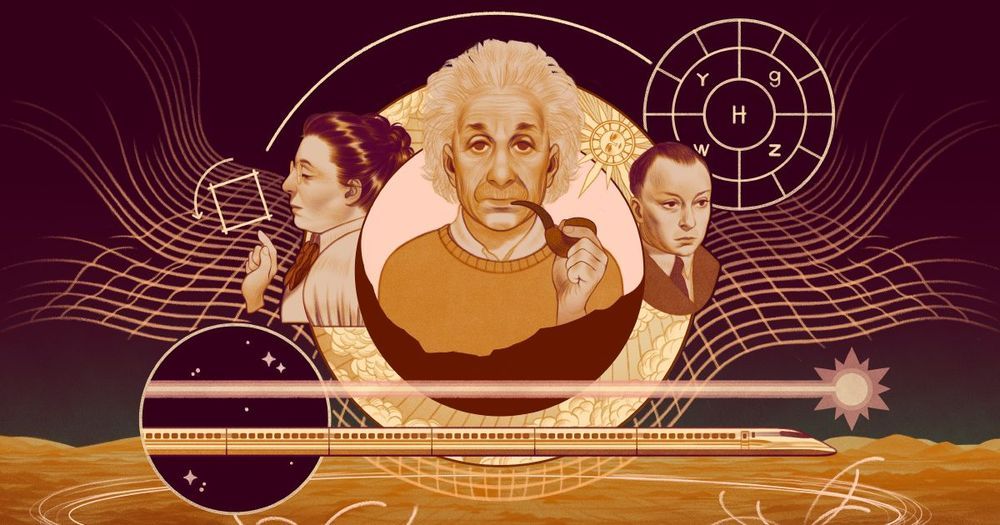

 * Scientists Took an M.R.I. Scan of an Atom * Former NASA Flight Director Gene Kranz Restores Mission Control In Houston * Jeff Hawkins: Thousand Brains Theory of Intelligence
* Scientists Took an M.R.I. Scan of an Atom * Former NASA Flight Director Gene Kranz Restores Mission Control In Houston * Jeff Hawkins: Thousand Brains Theory of Intelligence